Plant Experience
Detail
Sansevieria masoniana is a semi-succulent plant, up to 5 feet (1.5 m) tall, with wonderful, long, up to 10 inches (25 cm) wide, dark green leaves with smudged, light green spots and a unique purple-banded sheath (often below soil level). Sansevieria masoniana f. variegata is a form with pale yellow variegation at the leaf edges and sometimes elsewhere. Excellent as a large houseplant, tolerating low light levels and infrequent irrigation. On occasion, if grown in bright light, this plant forms a stalk of white flower clusters arising from the center of the plant.
Whale Fin Sansevieria can thrive in a wide range of light conditions, from low light to bright indirect. Water infrequently, only when the soil has completely dried out - depending on light, this may be as little as once a month or less.
Place Sansevierias in moderately bright or filtered light. Good locations include a spot in front of a north-facing window or in front of a bright, sunny window covered by a sheer curtain. Although the plant tolerates low light, bright light brings out the colors in the leaves. However, intense light may cause the edges of the leaves to turn yellow.
Allow the soil to dry completely before watering, and then water deeply until water drips through the drainage hole. Allow the pot to drain and then discard water that remains in the saucer. Never allow the soil to become soggy and never let the pot stand in water. Water sparingly throughout the winter. Like most succulent plants that store water in their leaves, Sansevieria rots quickly in excessively wet soil.
Place Sansevieria in average room temperatures. Protect the plant from drafts and cold temperatures as it is damaged at temperatures below 50 degrees Fahrenheit (10 degrees Celsius).
Feed the plant once every three weeks throughout the summer.
Whale Fin Sansevieria can thrive in a wide range of light conditions, from low light to bright indirect. Water infrequently, only when the soil has completely dried out - depending on light, this may be as little as once a month or less.
Place Sansevierias in moderately bright or filtered light. Good locations include a spot in front of a north-facing window or in front of a bright, sunny window covered by a sheer curtain. Although the plant tolerates low light, bright light brings out the colors in the leaves. However, intense light may cause the edges of the leaves to turn yellow.
Allow the soil to dry completely before watering, and then water deeply until water drips through the drainage hole. Allow the pot to drain and then discard water that remains in the saucer. Never allow the soil to become soggy and never let the pot stand in water. Water sparingly throughout the winter. Like most succulent plants that store water in their leaves, Sansevieria rots quickly in excessively wet soil.
Place Sansevieria in average room temperatures. Protect the plant from drafts and cold temperatures as it is damaged at temperatures below 50 degrees Fahrenheit (10 degrees Celsius).
Feed the plant once every three weeks throughout the summer.
Album (26)
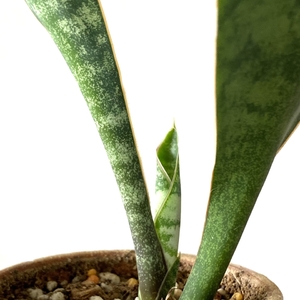
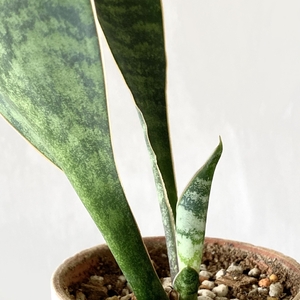
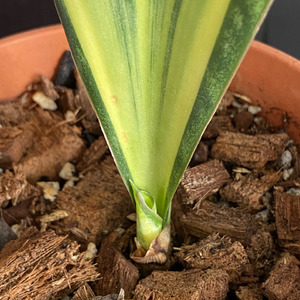
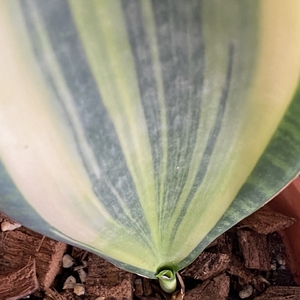
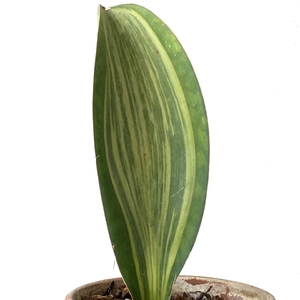
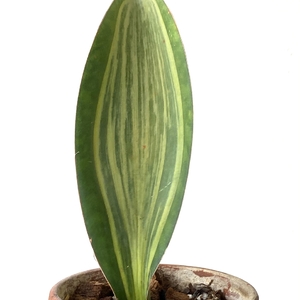
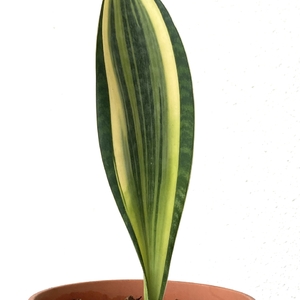
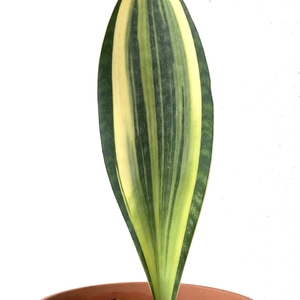
kensong
2021-01-08

Whalefin babies








kensong
2020-11-30

Split and repotted into 2 pots








kensong
2020-10-13

Hello baby.
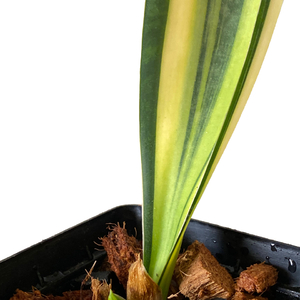

kensong
2020-03-21

Time to separate this big baby.
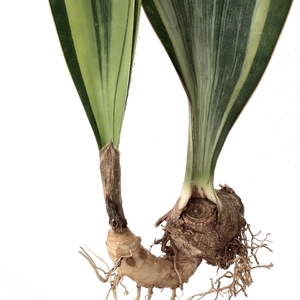

kensong
2020-02-24

Whale pup.
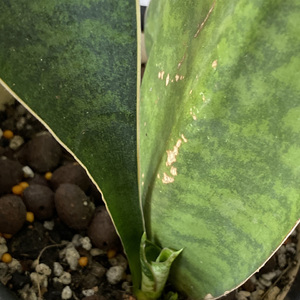
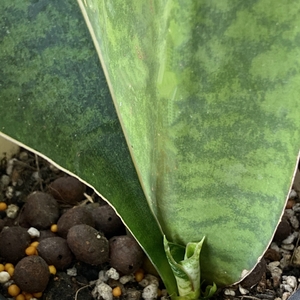


kensong
2020-02-22

Another pup appears.
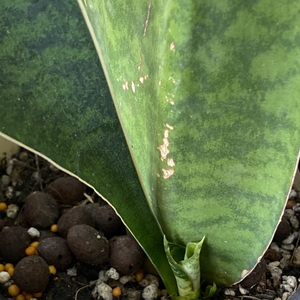

kensong
2019-09-12

Baby Whale Fin growing fast.
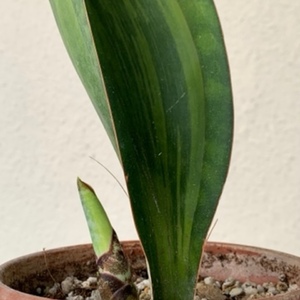

kensong
2019-09-04

This Sanserveria Whalefin was initially closed and folded but after increasing its watering regime, it has opened and even sent out a new pup.
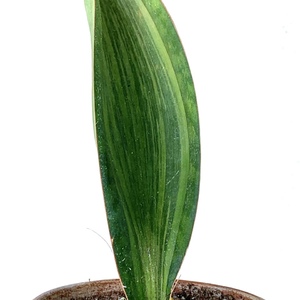
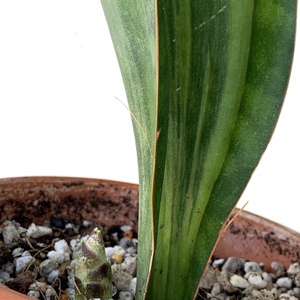


kensong
2019-09-02

Baby is all grown up.
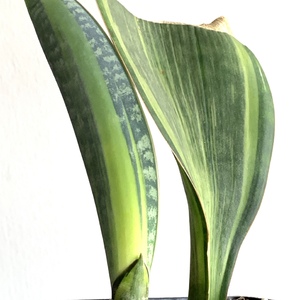

kensong
2019-08-13

The pups is growing well.
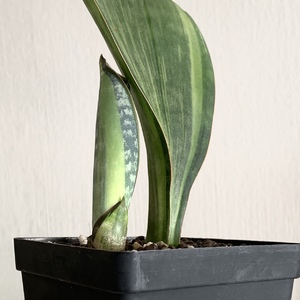

Elite Article













